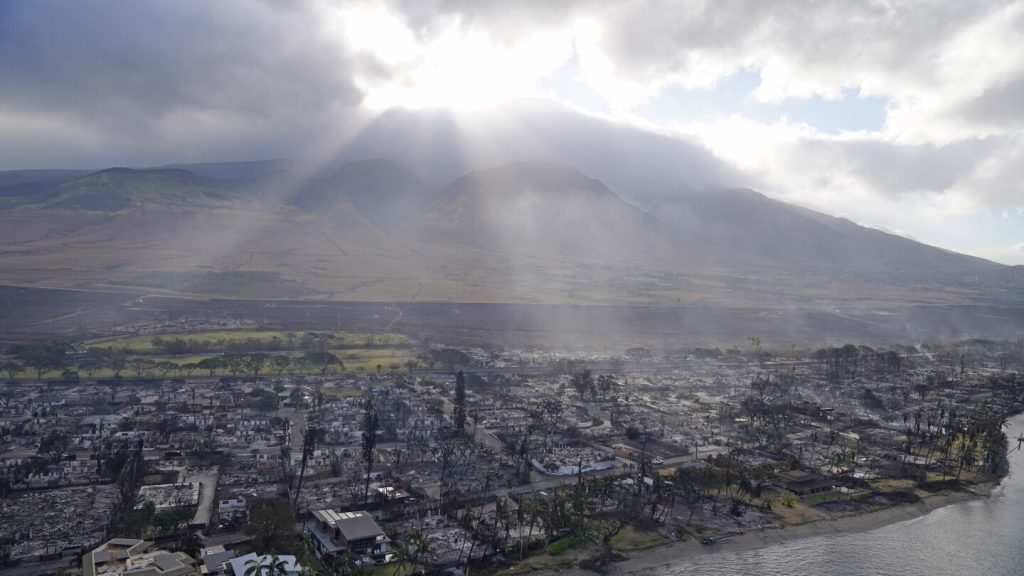A recent poll conducted by AAPI Data and The Associated Press-NORC Center for Public Affairs Research has revealed that Asian Americans, Native Hawaiians, and Pacific Islanders in the United States are more likely than the overall adult population to believe in human-caused climate change. The poll found that 84% of AAPI adults agree that climate change exists, compared to 74% of the general U.S. population. Additionally, three-quarters of AAPI adults attribute climate change mostly or entirely to human activity, a sentiment shared by only 61% of the general U.S. adult population.
Scientists have overwhelmingly agreed that heat-trapping gases released from the combustion of fossil fuels are contributing to rising global temperatures, disrupting weather patterns, and endangering animal species. Many scientific organizations have also made public statements on the issue. In terms of partisanship, the percentage of AAPI Democrats who acknowledge climate change aligns with the share of Democrats overall. AAPI Republicans, while fewer in number, still outnumber Republicans in general who believe in a climate crisis.
Adrian Wong, a 22-year-old Chinese American from New Jersey who leans Republican, acknowledges the science behind climate change and believes it is the result of human activity. Wong, a biology major in college, has extensively researched and studied the topic, leading him to the conclusion that climate change is a serious issue that needs to be addressed. On the other hand, Analisa Harangozo, a 35-year-old from California, worries about climate change and is taking steps to reduce her family’s carbon footprint by composting, growing food, and consuming less meat. Harangozo supports proposals to slash greenhouse gas emissions and invest in renewable energy.
Karthick Ramakrishnan, a public policy professor at the University of California, Riverside, and founder of AAPI Data, emphasized the importance of reaching out to AAPI populations on environmental issues. While Asian Americans and Pacific Islanders make up a relatively small share of the U.S. population, their numbers are growing rapidly. Ramakrishnan noted that AAPI voters are environmental voters and care deeply about the environment. AAPI individuals may also have a greater stake in climate change due to their connections to relatives abroad, particularly in countries like China, Japan, Pakistan, and India, where climate-related disasters are becoming more frequent.
Overall, the poll highlights the environmental concerns and views of Asian Americans, Native Hawaiians, and Pacific Islanders in the United States, shedding light on a community that is often underrepresented in surveys due to sample size and linguistic barriers. The data shows that AAPI individuals are more likely to believe in human-caused climate change and are actively taking steps to address the issue in their personal lives. Climate change is becoming an increasingly important issue for the AAPI community, and environmental organizations may benefit from engaging with this population to address their concerns and contribute to the broader conversation on climate change.


